Students, faculty and staff discuss university concerns in first town hall
The floor opens for the audience to ask questions during the meeting, Feb. 20, 2022.
February 22, 2022
The faculty, staff and student senate bodies gathered for the first town hall in Belk Library on Sunday to discuss concerns over the university’s response to various issues on campus.
Moderated by Louis Gallien, the faculty senate chair, the town hall invited panelists from Student Government Association and the staff senate to discuss a variety of social issues they’d like the university to address.
Panelists discussed university budgeting and spending, diversity and inclusion, sustainability and town-gown relations. The audience also raised other comments and questions.
Richard Rheingans, professor and chair of sustainable development, began the meeting by establishing the purpose of the town hall and its conception. He recently wrote a letter criticizing the university’s spring semester COVID-19 response.
“What do we do when leaders don’t lead?” Rheingans said. “We act collaboratively. We take responsibility for realizing a mission that’s been abandoned by others.”
Rheingans said the university is often “defensive and self congratulatory” in response to their accomplishments instead of supporting their community of students and staff.
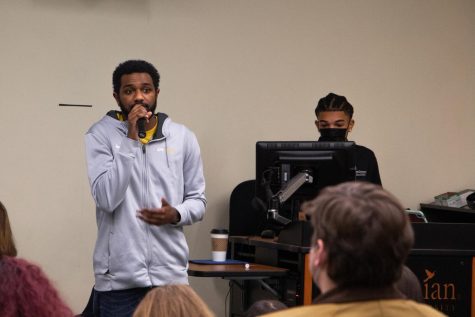
“Many of us have learned that when we act together, the response from above is sometimes swift. We’re told to sit down and shut up,” Rheingans said. “Usually, that’s a sign that it’s time to stand up and to speak up.”
Diversity and Inclusion
Bailey Gardin, a senior political science major and student body president, joined Christian Martin, SGA director of diversity and inclusion and junior middle grade education major, in addressing the university’s treatment of Black students following George Floyd’s death.
On July 6, 2020, Black at App State made a list of 20 demands addressed to Chancellor Sheri Everts and her cabinet with a 36-month deadline. On July 21, 2020, Black at App State held a Zoom meeting with the chancellor’s cabinet to discuss the organization’s concerns.
“The Black at App Collective was effectively silenced when a member of the administration muted every Black student’s microphone on the call. Black at App used the chat feature to ask to be unmuted but was blatantly ignored,” Gardin said.
Student government’s relationship with university administrators is strained, Gardin and Martin said. Gardin said most proposals by SGA, including the continuation of the pass/no credit option implemented in the fall and spring semester of 2020, were denied by administrators.
“These are valuable things to help you all,” Gardin said. “How is it that NC State, UNCC, Chapel Hill, etcetera, get academic relief in the form of pass/no credit and mental health days, but it takes a student government to bring that initiative forward in the fall semester and again in the spring for it to be ultimately denied?”
Finances
Stella Anderson, panelist and App State professor of management, questioned the administration’s utilization of student tuition.
Anderson said the university has prioritized the allotment of student fees for athletics, with “six million dollars each year” going toward recruiting top athletes, rather than academic talent.
App State spent $229,414 on recruiting players in 2019, with a total of $9,753,118 spent on the university’s football program in 2019, according to the NCAA membership financial reporting system.
“For ASU, academics is not self-sustaining, and it is partially supported by student fees and still requires some additional institutional support. Do we build these programs on the backs of students who will accumulate greater debt?” Anderson said.
Anderson said App State trusts financial support will continue to come as the university continues campus expansion.
“Our campus community needs transparency around resource needs and priorities, and we need campus leadership to prioritize the academic mission and work to expand the resources that would be needed to support fulfilling that mission,” Anderson said.
Sustainability
Bekah Nielsen, a junior sustainability development major and a member of the Appalachian Climate Action Collaborative spoke on the university’s sustainability efforts.
App State’s current sustainability efforts are “woefully insufficient and performative,” Nielsen said.
Nielsen said while App State has pledged to reach carbon neutrality by 2050 in compliance with House Bill 951, compliance with the mandate is hardly a measure to reduce the university’s carbon footprint in Boone.
“In essence, they are doing the bare minimum,” Nielsen said. “We aren’t even on track to be carbon neutral by at least 2100.”
Nielsen said the fight for renewable energy does not end with App State, and the university can create change in Boone.
“As much as we are fighting against the university, the fight is so much more. We are fighting for our home. What could Boone, Watauga County and even the High Country look like if App State used their power to help the community, rather than harm it?” Nielsen said.
Housing/Town-Gown Relations
Todd Carter, chief development director of the Hospitality House of Northwest North Carolina and a Boone Town Council member since Nov. 2, spoke on town relationships with the university and his work on Boone’s housing.
“As a town, we know that there are three entities that have to work together if we’re going to manage the next 20, 30 years,” Carter said. “It has to be the county. It has to be the town. It has to be the university.”
Carter said he wishes everyone involved would come to the table with full transparency. He said it’s the only way to achieve the goals the university has set in place for campus and the surrounding area.
“I’m an optimist. I believe it can happen. But, if a door gets shut in my face, I’m going to plow through it,” Carter said.
Audience Input
When the audience gave their input, Korbin Cummings, an App State alumna, said some people were afraid to speak on the injustices occurring on campus.
“How do you plan to combat these hindrances so students, faculty and staff are able to be more engaged and bring about collective change?” Cummings said.
Gardin answered Cummings’ question.
“There’s a constant fear. Employees, faculty and staff members have seen their colleagues cast out by the university,” Gardin said. “In order to combat that type of issue, you do that by having events like these. What we are doing is amplifying our voices together and showing there are strengths in numbers.”

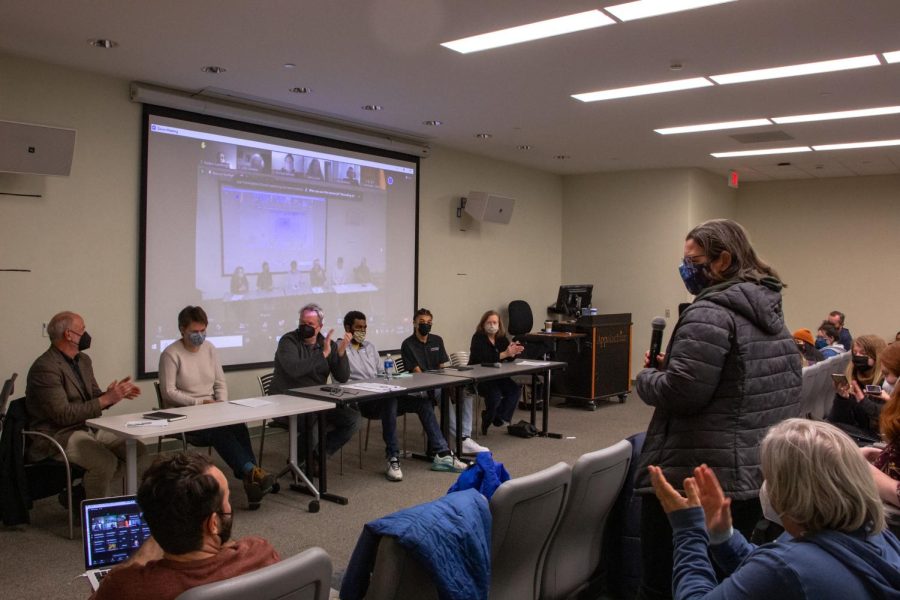
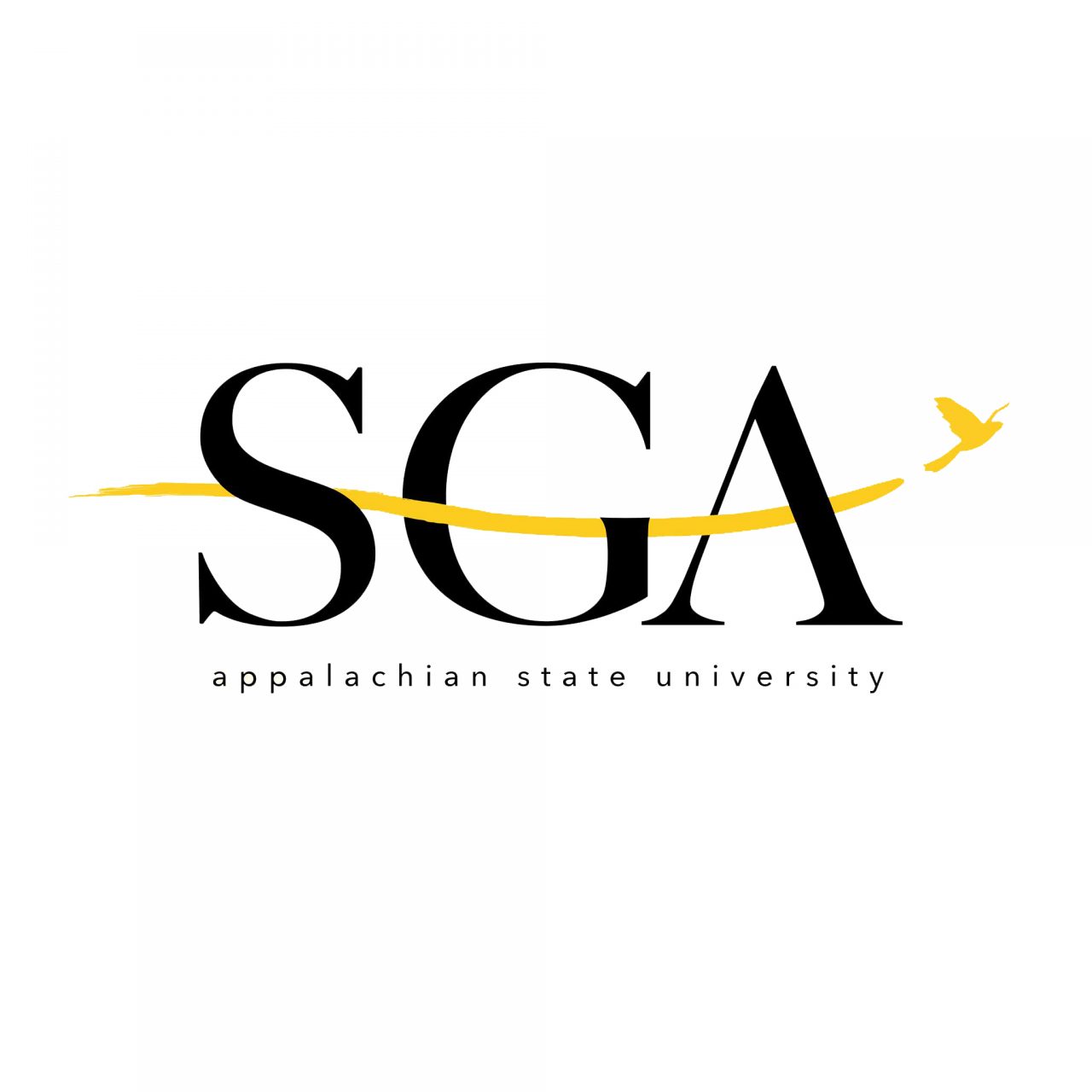
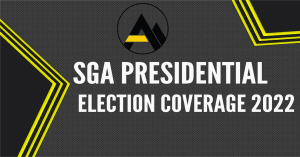
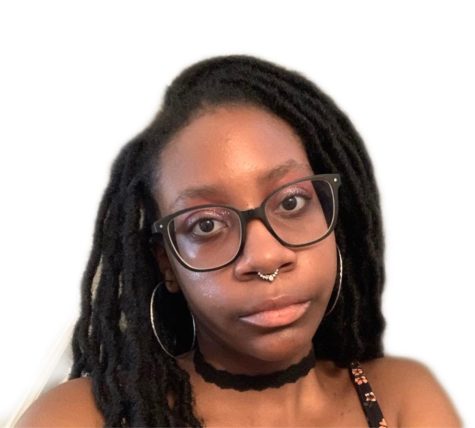










Sheri • Feb 23, 2022 at 7:58 am
Everyone has seen this coming. For years now. Sheri should have been drummed out when she got the faculty vote of no confidence in 2018 (?). She’s being protected by the right-wing Board of Trustees and the Board of Governors who are killing NC education political reasons. Nothing new. Just more republican destruction of anything positive and constructive.